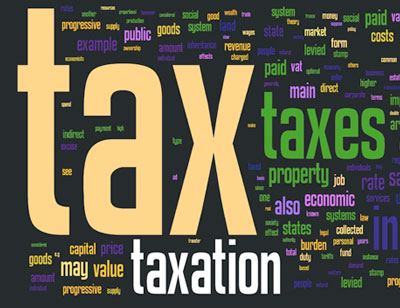Italian Corporate Tax Rate To Fall In New Budget

In a press conference on October 15, following approval by the Government of the draft Italian 2017 Budget, Premier Matteo Renzi announced that it contains the promised business tax cuts, and underlined that “tax burdens continue to go down.”
The Italian corporate tax rate will fall from 27.5 percent to the more internationally competitive rate of 24 percent. In a surprise announcement, the Government confirmed that all business taxation will be taxed at this same rate next year, at a total cost of EUR15bn (USD16.5bn).
For all small businesses, including sole traders and artisans, that are currently taxed under individual income tax (IRPEF – with a maximum rate of 43 percent), the Budget introduces a new “tax on business profits” (IRI). It will be at the option of those business owners who have previously chosen to be taxed under the existing 15 percent fixed rate tax regime whether to move to IRI.
It is proposed that the current “super” depreciation allowance of 140 percent, which is currently available for purchases of machinery and equipment in the period to end-2016, will be extended into 2017, and a further “hyper” depreciation allowance of 250 percent will be introduced for investments in digital technology.
The present 25 percent tax credit that is available in respect of a company’s additional research and development expenditure will be increased to 50 percent, and the maximum tax credit will rise from EUR5m to EUR20m per company.
At an annual cost of EUR3bn, the 50 percent tax credit for expenses incurred in restructuring buildings is to be extended for a further year to end-2016, and will also be available for or work on condominiums and hotels. The 65 percent tax credit for energy-saving spending on properties will also be renewed.
The Government is planning to reopen the voluntary disclosure program (VDP), and expects to glean, at least, a further EUR2.6bn from that source. Under the VDP, which closed on November 30 last year having provided EUR4bn in additional tax revenue, participants had to agree to pay all outstanding taxes when declaring their assets, but were subject to much-reduced administrative and criminal penalties. Renzi stressed that the terms of the VDP were “a long way from being comparable to a tax amnesty.”
The new Budget also allocates EUR15.1bn to deficit reduction to ensure that the safeguard clause that has been a feature of recent Italian budgets will not be triggered next year.
This clause provides that Italy will hike its 10 and 22 percent value-added tax rates by up to three percent if it misses its fiscal targets. This clause remains a threat for 2018 and 2019, should the Government fail to reach its targets.
Finally, Renzi re-confirmed that the promised IRPEF cuts for those on lower and middle incomes has been included in the Government’s budget framework for 2018.
The text of the draft decree giving effect to the 2017 Budget will be presented in Parliament shortly. It will be subject to the usual approval procedures. Budgets have emerged with significant changes from this process in past years.
Source: Tax News





























